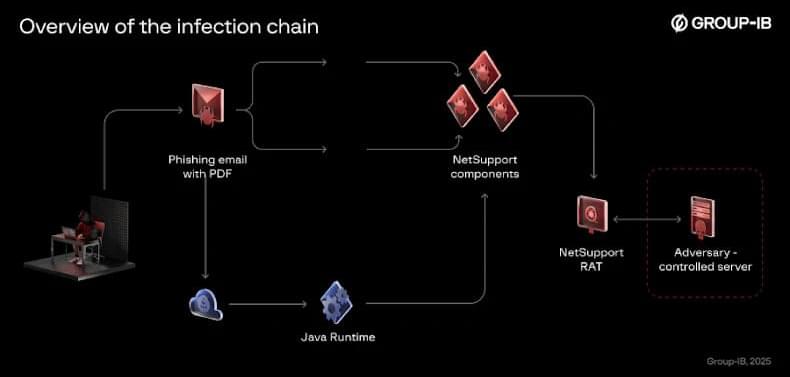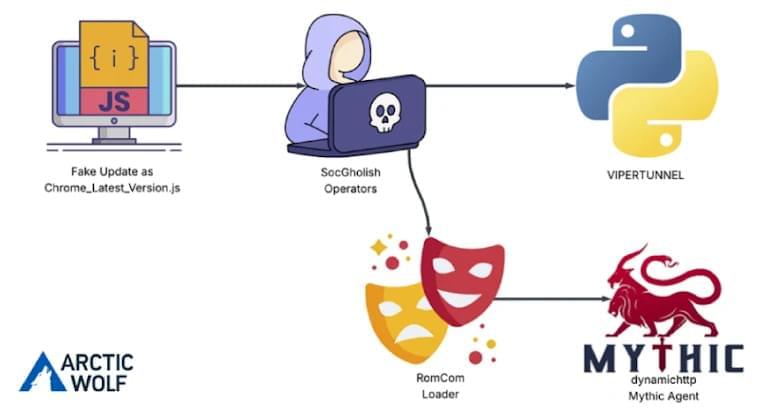Tomiris is using public-service C2 implants and new phishing chains to stealthily deploy multi-language malware across targeted government networks.



The Glassworm campaign, which first emerged on the OpenVSX and Microsoft Visual Studio marketplaces in October, is now in its third wave, with 24 new packages added on the two platforms.
OpenVSX and the Microsoft Visual Studio Marketplace are both extension repositories for VS Code–compatible editors, used by developers to install language support, frameworks, tooling, themes, and other productivity add-ons.
The Microsoft marketplace is the official platform for Visual Studio Code, while OpenVSX is an open, vendor-neutral alternative used by editors who can’t or don’t use Microsoft’s proprietary store.

The popular open-source SmartTube YouTube client for Android TV was compromised after an attacker gained access to the developer’s signing keys, leading to a malicious update being pushed to users.
The compromise became known when multiple users reported that Play Protect, Android’s built-in antivirus module, blocked SmartTube on their devices and warned them of a risk.
The developer of SmartTube, Yuriy Yuliskov, admitted that his digital keys were compromised late last week, leading to the injection of malware into the app.


Cybersecurity researchers have shed light on a cross-tenant blind spot that allows attackers to bypass Microsoft Defender for Office 365 protections via the guest access feature in Teams.
“When users operate as guests in another tenant, their protections are determined entirely by that hosting environment, not by their home organization,” Ontinue security researcher Rhys Downing said in a report.
“These advancements increase collaboration opportunities, but they also widen the responsibility for ensuring those external environments are trustworthy and properly secured.”


GreyNoise Labs has launched a free tool called GreyNoise IP Check that lets users check if their IP address has been observed in malicious scanning operations, like botnet and residential proxy networks.
The threat monitoring firm that tracks internet-wide activity via a global sensor network says this problem has grown significantly over the past year, with many users unknowingly helping malicious online activity.
“Over the past year, residential proxy networks have exploded and have been turning home internet connections into exit points for other people’s traffic,” explains GreyNoise.


